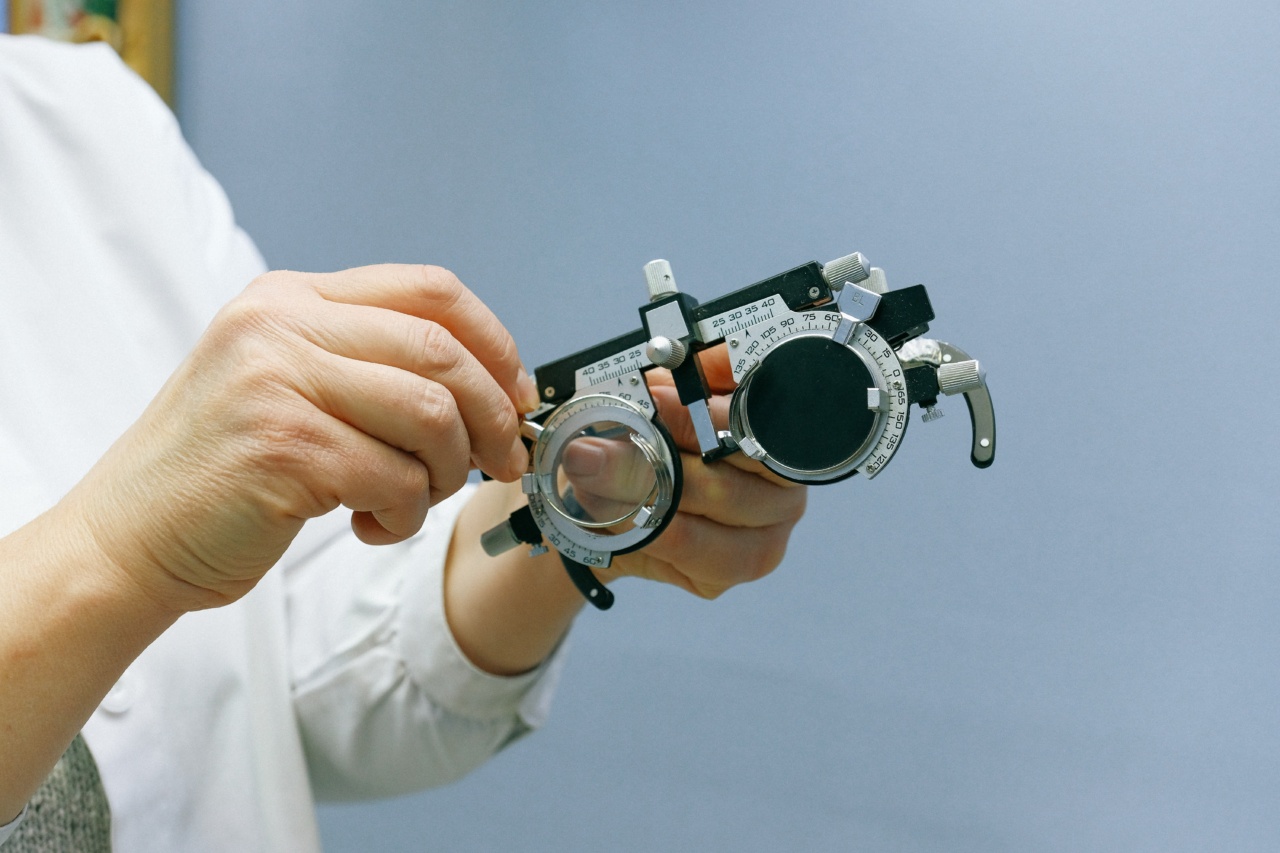Experiencing a heavy period can be quite disruptive, and it could be a cause for concern for many women.
Menstrual periods are different for every woman, but a heavy period could cause bloating, cramps, and could even interfere with your daily activities. If you think you might have a heavy period, it’s essential to self-assess and seek medical attention if necessary. Here is a self-assessment test to determine whether you are experiencing a heavy menstrual period.
1. How many days does your period last?
A normal period could last between three to seven days. If your period lasts longer than seven days, it could indicate that you have a heavy menstrual period.
2. How many pads or tampons do you change during your period?
If you have to change your pad or tampon frequently, the number of times you change could indicate whether or not you have a heavy menstrual flow.
If you need to change your pad or tampon more than once every two hours, you might have a heavy menstrual flow.
3. Do you experience any blood clots?
Blood clots are quite common during periods. But if you are passing large blood clots that are the size of a quarter or a larger, you might have a heavy menstrual flow.
4. How much blood do you lose?
It’s challenging to gauge how much blood you lose during your period. A good way to assess this is by keeping track of how many tampons or pads you use. If you soak a pad or tampon each hour, then you might have a heavy menstrual flow.
5. Do you experience any symptoms of anemia?
Heavy menstrual flow could lead to anemia. If you feel excessively tired, have pale skin, or experience shortness of breath, you might have anemia.
6. Does your period interfere with your daily activities?
If you have to frequently change your pad or tampon, and your heavy menstrual flow causes you to miss work or school, then you might have a heavy menstrual flow.
7. Have you been diagnosed with fibroids or endometriosis?
If you have been diagnosed with any of these two conditions, it could cause you to have a heavy menstrual flow.
8. Have you recently changed your birth control method?
Changes in your birth control method could cause you to experience a heavy menstrual flow. If you have changed your birth control method recently, you might want to check with your doctor if your heavy menstrual flow is a cause for concern.
9. Do you have a family history of heavy periods?
If your mother or sister has a history of heavy menstrual flow, you might be predisposed to it.
10. Have you undergone any surgical procedures on your uterus?
If you have undergone any surgical procedures on your uterus, it could cause you to have a heavy menstrual flow.
Results of the Self-Assessment Test:
If you answered yes to more than three of these questions, it might indicate that you have a heavy menstrual flow. It’s essential to keep track of your symptoms and seek medical attention if you think you have a heavy menstrual flow.
Your doctor can recommend treatments to reduce your heavy menstrual periods, such as medication or surgery.
Conclusion:
Not every woman has the same menstrual cycle, and some women may have a heavier menstrual flow than others. However, if you think you might have a heavy menstrual flow, it’s essential to self-assess and seek medical attention.
With the right treatment, you can manage your heavy menstrual flow and continue with your daily activities without interruption.


























